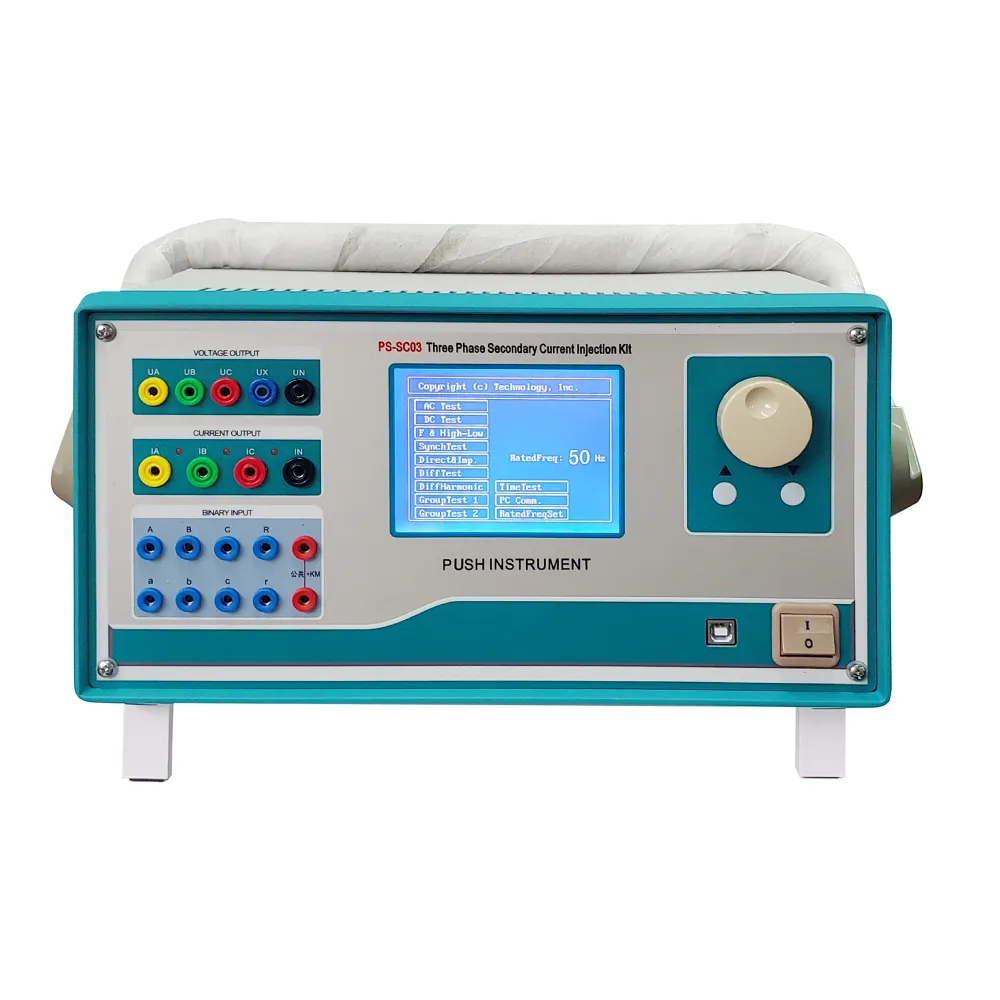 English
English


rotational viscometer
Understanding Rotational Viscometers Key Tools for Measuring Viscosity
Viscosity, the measure of a fluid's resistance to flow, is a crucial property in various industries, including food, pharmaceuticals, and coatings. Among the different types of viscometers available, rotational viscometers stand out as highly effective instruments for measuring viscosity across a broad range of materials, from water-like fluids to thick pastes.
A rotational viscometer operates by rotating a spindle or other measuring device within a sample of fluid. The shear forces generated as the spindle moves through the fluid allow for the measurement of torque, which is then converted into viscosity values. This type of viscometer is particularly beneficial for non-Newtonian fluids, where viscosity can change with the rate of shear. By providing continuous readings at varying speeds, rotational viscometers offer insights into how a fluid behaves under different flow conditions.
One of the significant advantages of using a rotational viscometer is its versatility. These instruments can be equipped with different spindles or geometries, allowing for tailored measurements based on the specific characteristics of the fluid being tested. For example, a concentric cylinder or a cup-and-bob configuration can be employed for various applications, providing accurate and repeatable results. Additionally, many modern rotational viscometers are designed with digital displays and software that can perform automated measurements, making the process efficient and user-friendly.
rotational viscometer

Operational ease is another key benefit. Most rotational viscometers have simple controls, enabling users to adjust parameters such as speed and temperature swiftly. Advanced models can even include temperature control units, ensuring that viscosity measurements are not affected by temperature fluctuations. This capability is particularly important in industries where temperature sensitivity can significantly impact product quality, such as in the production of cosmetics and food products.
When selecting a rotational viscometer, factors such as sample volume, viscosity range, and desired measurement accuracy should be considered. Many models on the market cater to specific applications, enabling users to find the right instrument for their needs. Furthermore, maintenance and calibration are crucial for ensuring consistent accuracy over time, and most manufacturers provide guidelines for these procedures.
In conclusion, rotational viscometers are vital tools for accurately measuring the viscosity of a wide range of fluids. Their ability to handle non-Newtonian materials, ease of use, and versatility make them indispensable in various applications. As industries continue to innovate and develop new materials, the demand for precise viscosity measurements will inevitably grow, ensuring that rotational viscometers remain at the forefront of fluid analysis technology. Whether in research labs or production environments, these instruments facilitate the understanding and control of fluid behavior, ultimately contributing to enhanced product quality and performance.
-
Differences between open cup flash point tester and closed cup flash point testerNewsOct.31,2024
-
The Reliable Load Tap ChangerNewsOct.23,2024
-
The Essential Guide to Hipot TestersNewsOct.23,2024
-
The Digital Insulation TesterNewsOct.23,2024
-
The Best Earth Loop Impedance Tester for SaleNewsOct.23,2024
-
Tan Delta Tester--The Essential Tool for Electrical Insulation TestingNewsOct.23,2024





